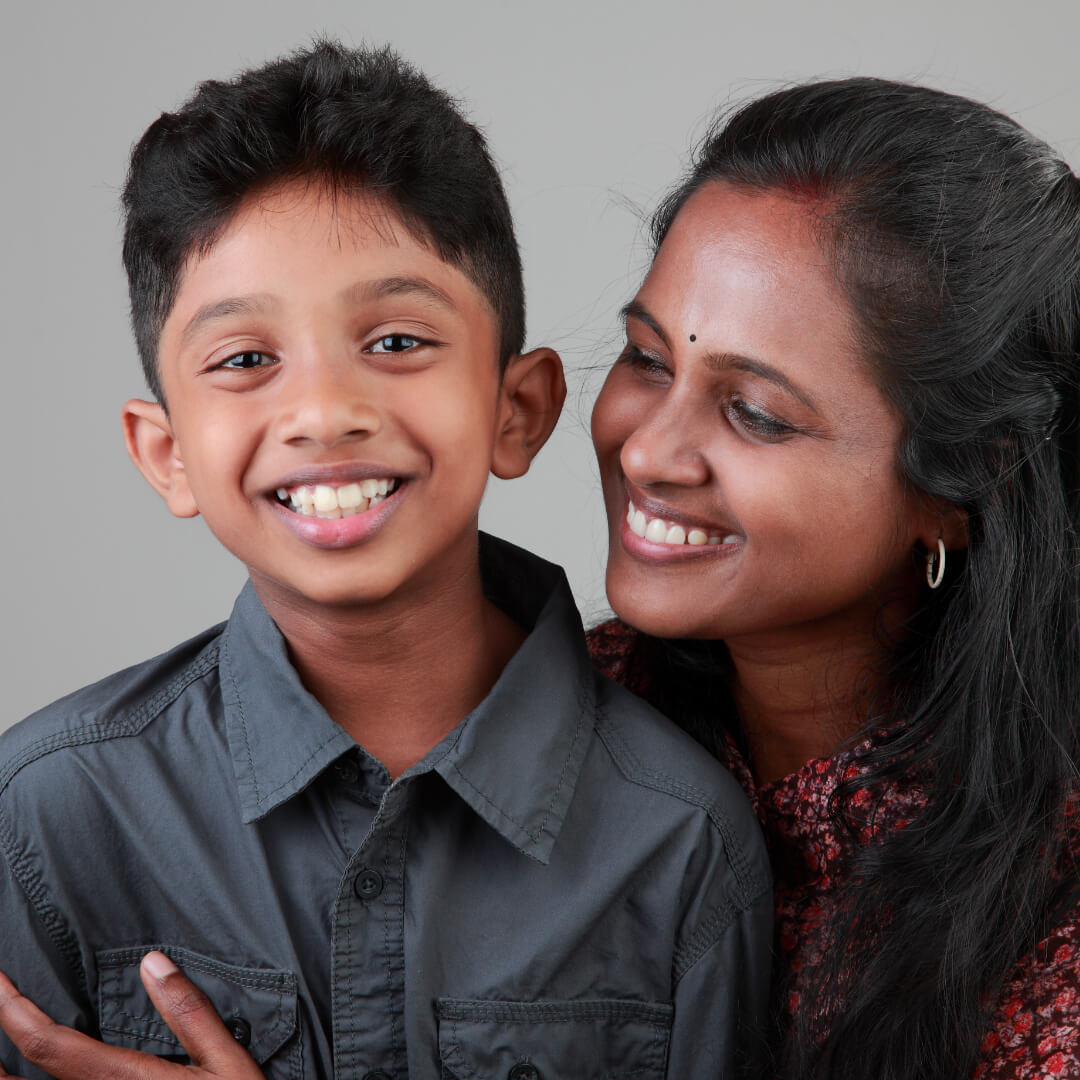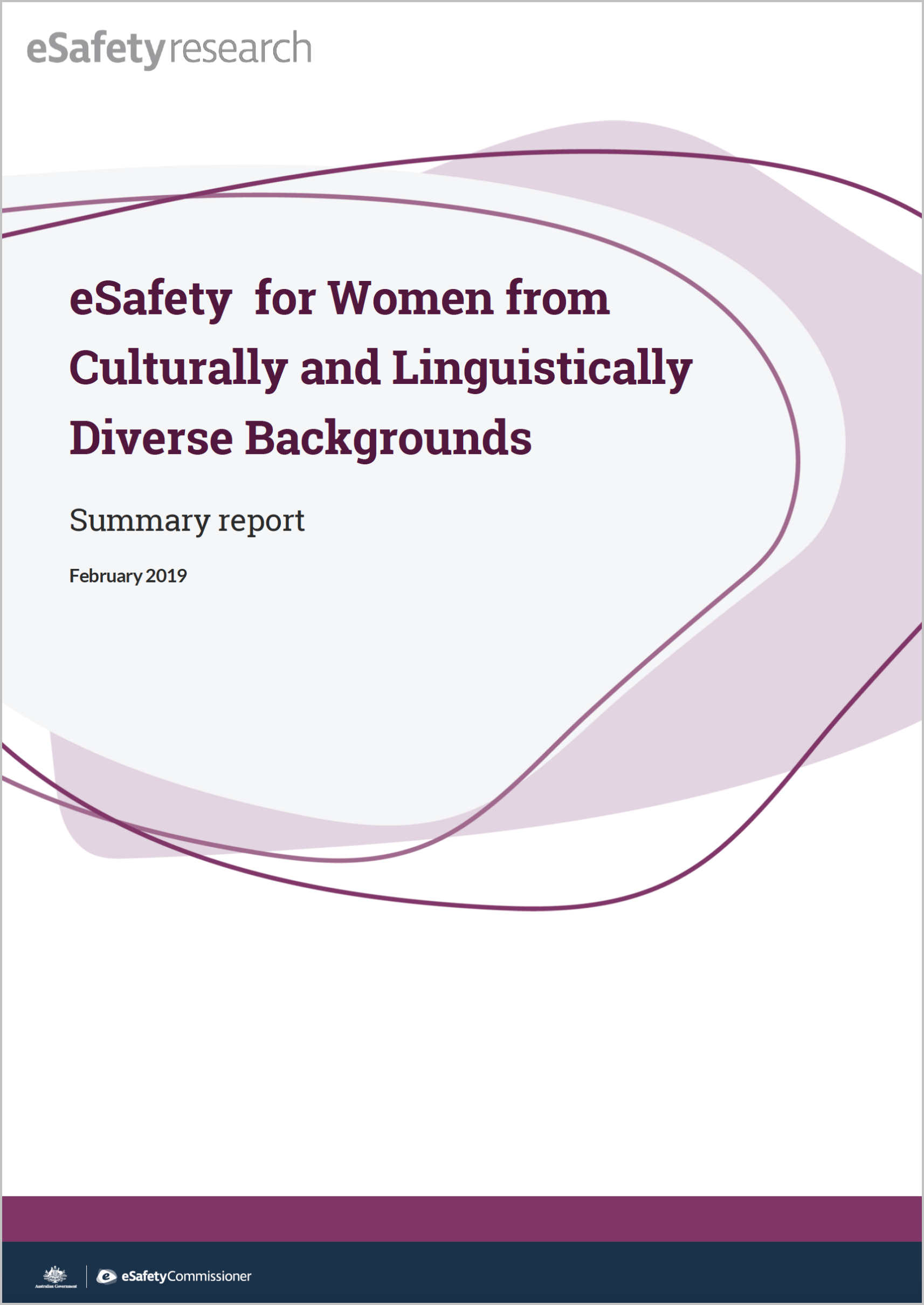Women from diverse backgrounds

Women from CALD backgrounds make up a significant proportion of the Australian population — one quarter of the total population were born overseas, and around one fifth speak a language other than English at home.
eSafety undertook research into the experiences of women from CALD backgrounds who are exposed to technology-facilitated abuse, to help better inform victims and develop appropriate resources.
Fieldwork was conducted from March to May 2018, with a summary report released in February 2019.
Key findings
Most experiences of technology-facilitated abuse raised in this project did not have a cultural dimension. However, in several cases perpetrators used culturally-specific threats, including:
- threats of deportation (especially for women on spousal visas)
- threats of honour killing delivered via a third party
- culturally-specific humiliation (such as sending images of a woman without her hijab)
- threats of withholding Islamic divorce.
Barriers to seeking support
CALD women face multiple barriers in seeking support for technology-facilitated abuse.
Health centres do, however, appear to be one pathway that CALD women are more likely to use for support, as this pathway is less likely to raise the suspicion of abusive partners.
The key barriers CALD women face in seeking support for technology-facilitated abuse are:
- a lack of awareness that technology-facilitated abuse may constitute a criminal offence
- language barriers — which may contribute to CALD women not knowing what services are available to them, and create challenges for them explaining their personal experiences with technology-facilitated abuse
- issues with interpreter services, particularly where the interpreter may know the victim and/or perpetrator
- low digital literacy — which heightens their vulnerability to technology-facilitated abuse, affects their ability to identify that they are victims of technology-facilitated abuse, and also their ability to address the abuse once identified
- cultural biases and misunderstandings from some support services, particularly the police.
Impacts of the abuse
The impacts of technology-facilitated abuse on CALD women are not substantially different to the impacts experienced by non-CALD women. However, social isolation may be amplified for CALD women where fear of shaming is particularly strong.
About the research
The research is based on information provided by:
- 29 women from CALD backgrounds who had experienced technology-facilitated abuse. Of these women, 17 participated through in-depth interviews and 12 through an online discussion board
- 20 stakeholders (such as domestic violence services, legal services, and health services) who provide support services to women.
All fieldwork was conducted from March to May 2018.
Related research - Image-based abuse among adult Australians (2017)
